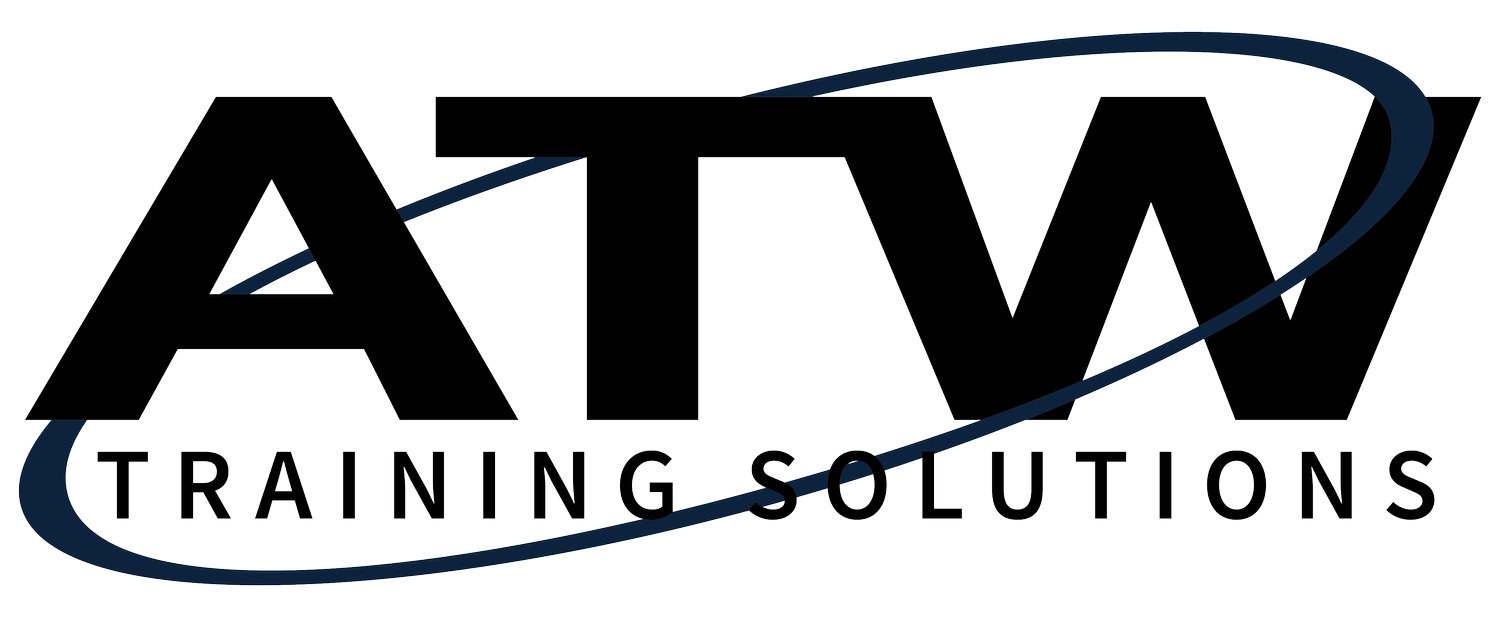On-the-job Training: Learning on the Job
Most learning in the workplace probably occurs on the job, rather than in the classroom or behind a computer screen. On-the-job training or OJT, is not only for new or inexperienced employees, it's how people doing all types of work at all levels in the organization acquire and develop their skills. In acquiring a new skill, most people go through four learning stages. The first stage is unconscious incompetence. This is when something looks easy to do, but you don't yet know what's involved. In other words, you don't know what you don't know. The second stage is conscious incompetence. Once you try something new, you usually quickly realize that there's more to it than you thought, and that you really don't know how to perform. Now you are fully aware that you don't know. The third stage is conscious competence. Here with instruction and practice, you reach the point where you can perform, but it takes conscious effort to do so. In other words, you have to think about what you are doing.
The fourth stage is unconscious competence. When you have gained skill mastery, you can perform the work without conscious effort. It becomes second nature or the habitual way you do things. An example helps illustrate these learning stages. If you watch someone play a guitar, it probably looks fun and perhaps even easy. You'd like to learn to play too. However, in stage one, you don't know what it takes to play and you are unaware of all that you don't yet know. This is the stage of unconscious incompetence. As you try to play, you quickly become aware of your lack of skill and move to stage two. Now you are conscious of the fact that you lack the skills that made it look so easy. You become aware that you cannot yet do what others can. With instruction and practice, you move to stage three. Here you are developing skills and can play some pieces with conscious, concentrated effort.
Finally, you gain mastery and move to stage four, where you develop muscle memory, and can play certain songs easily and without conscious thought. You have developed competence that is second nature, and no longer have to focus so much on how to play. On-the-job training helps people navigate the four stages of acquiring new skills. Learning success comes not by skipping steps, but by working through each step to reach the point of mastery.
